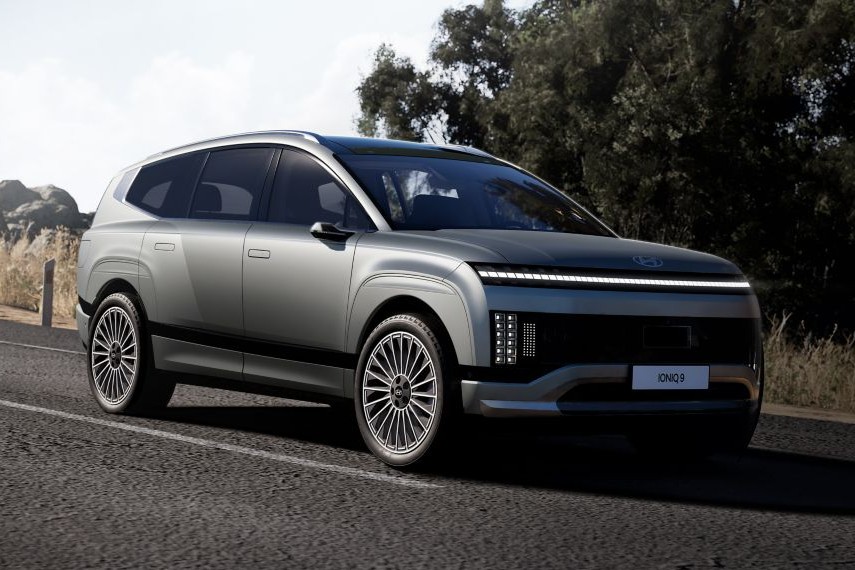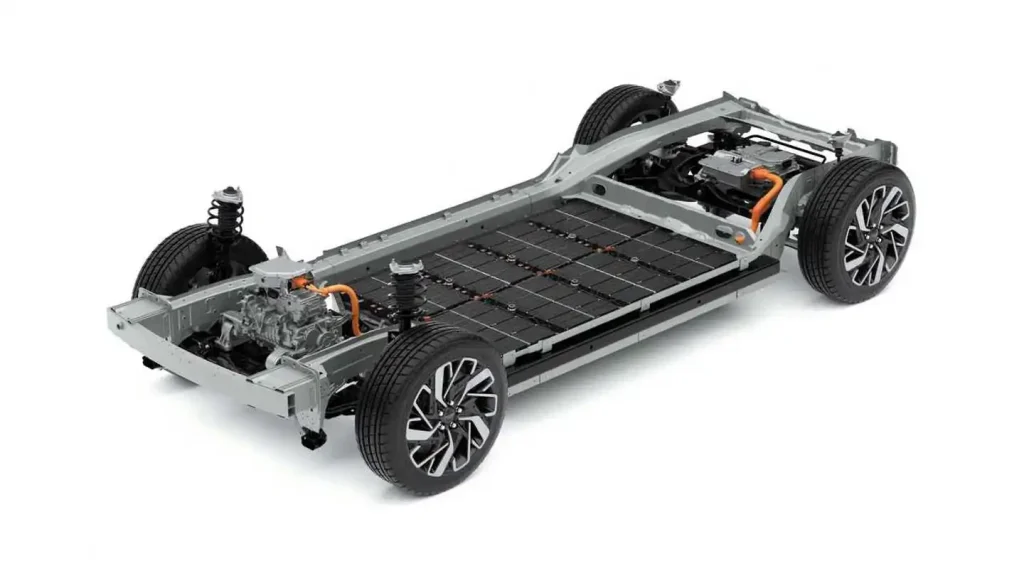Hyundai Motor Group is taking steps to develop and manufacture its own electric vehicle (EV) battery cells, according to a recent report from South Korean news outlet The Chosun Daily.
The decision follows growing concerns about falling behind in the rapidly evolving battery race, particularly after Chinese EV and battery giant BYD unveiled its megawatt charging platform earlier this year.
See also: Hyundai Teases Potential Ioniq 4 Ahead of China Launch

To drive this new initiative, Hyundai has reportedly formed a dedicated team under its manufacturing division. Known as the “B Task Force,” the team will be led by top engineering experts, including Jung Jun-cheul, head of manufacturing, and Choi Jae-hoon, head of battery development. The move signals a shift from the automaker’s previous reliance on battery suppliers LG Energy Solution and SK On, who provided batteries for Hyundai, Kia, and Genesis models.
While Hyundai has maintained an in-house battery team, its previous role was primarily focused on liaising between the company and its suppliers. The new development marks a more significant shift, as the automaker seeks to take greater control over battery technology.
See also: Hyundai, Genesis Pledge No US Price Hikes Through June Despite Tariff Uncertainty

In-house battery production is seen as offering advantages such as better integration with car software and architecture, cost reduction by eliminating supplier fees, and enhanced control over raw materials and logistics.
Hyundai’s decision to invest in its own battery technology comes in response to industry competition, notably from BYD. The Chinese company unveiled its Super e-Platform, capable of supporting 1,000-volt and 1,000-amp charging at a rate of 1,000 kilowatts, allowing its EVs to charge in just five minutes. Hyundai’s move highlights the increasing pressure on automakers to remain competitive in the face of rapid advancements in EV technology and charging capabilities.
